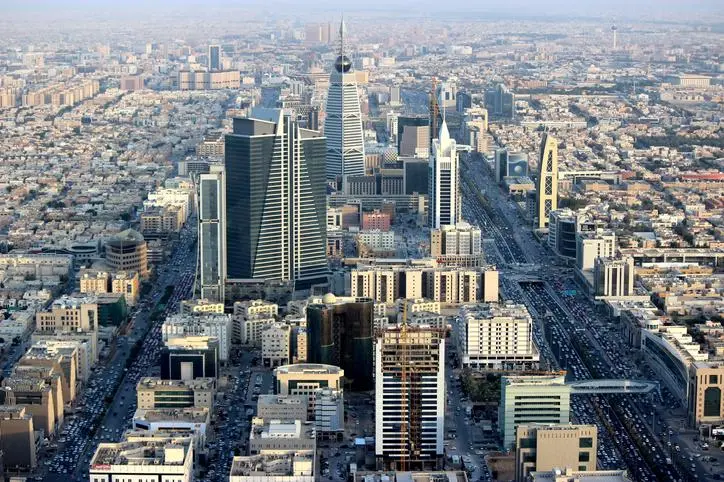PHOTO
Following the successful listing of Aramco on Tadawul, the largest IPO in history, the government has announced a SR1.02 trillion ($320 billion) budget for 2020, a slight fall in spending that reversed three years of expenditure hikes aimed at spurring growth. Revenues in 2020 are forecasted at SR833 billion, widening the budget deficit to SR187 billion, or 6.4 percent of gross domestic product (GDP), as compared with a projected deficit of SR131 billion in 2019.
Obviously, the 2020 budget comes with global challenges in terms of oil prices volatility, geopolitical developments globally and in the region. Oil revenue is expected to fall to SR513 billion in 2020, from an estimated SR602 billion in 2019. Having said that, the government’s commitment to the Vision 2030 roadmap is solid and intact. Actually, the listing of Aramco is the biggest evidence of Crown Prince Mohammed bin Salman and the government’s commitment to the vision and its major pillars. The Saudi budget does not include the assumption of the oil price in which it was based on, but analysts expect it to be within the range of $59 to $61 per barrel.
Be it the proceeds of oil revenues, including the Aramco’s listing proceeds, sukuk offerings by the public debt office and/or non-oil revenues, the long list of Vision 2030’s local initiatives and projects will be fulfilled and continued, including the giga-projects as well as the main infrastructure projects. In my opinion, in the addition to the specified allocations of public spending listed in the budget, the private sector will keep looking for the traditional list of defensive sectors including health care, education and food. Recently, the list was expanded to include entertainment, hospitality and retail.
As an active member of the private sector heading a boutique investment bank advising local and international investors, I have firsthand experience in feeling the pulse of which sectors investors are chasing in the local economy. Just by looking out of my Riyadh office window at the future Olaya Street metro station under construction, I can smell and visualize the different investment opportunities this single site alone would offer in the northern side of the country’s capital.
The 2020 budget will keep Saudi Arabia as the magnet and host of foreign direct investments from major economies such as Germany, the UK, the US, China, India and other G20 members.
• Basil M.K. Al-Ghalayini is the Chairman and CEO of BMG Financial Group.
Copyright: Arab News © 2019 All rights reserved. Provided by SyndiGate Media Inc. (Syndigate.info).





















